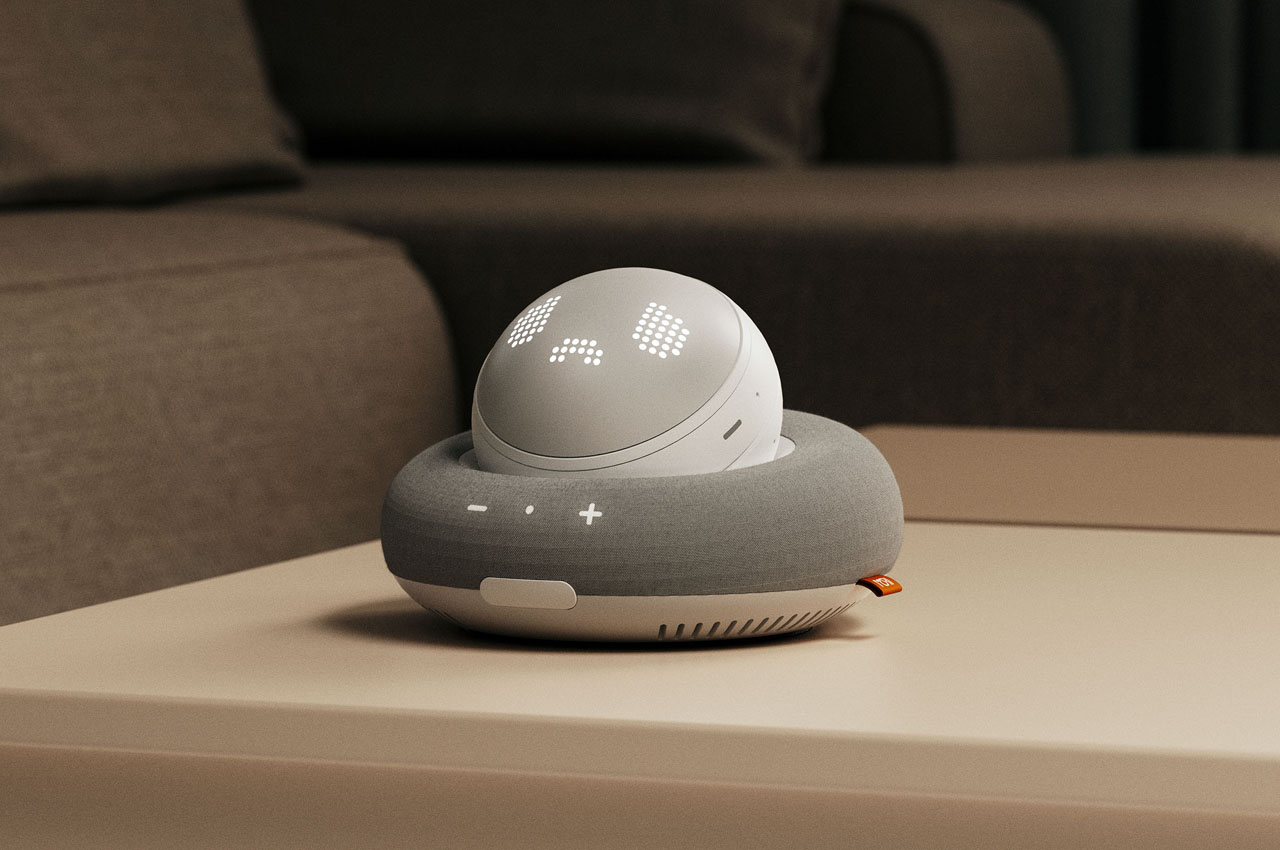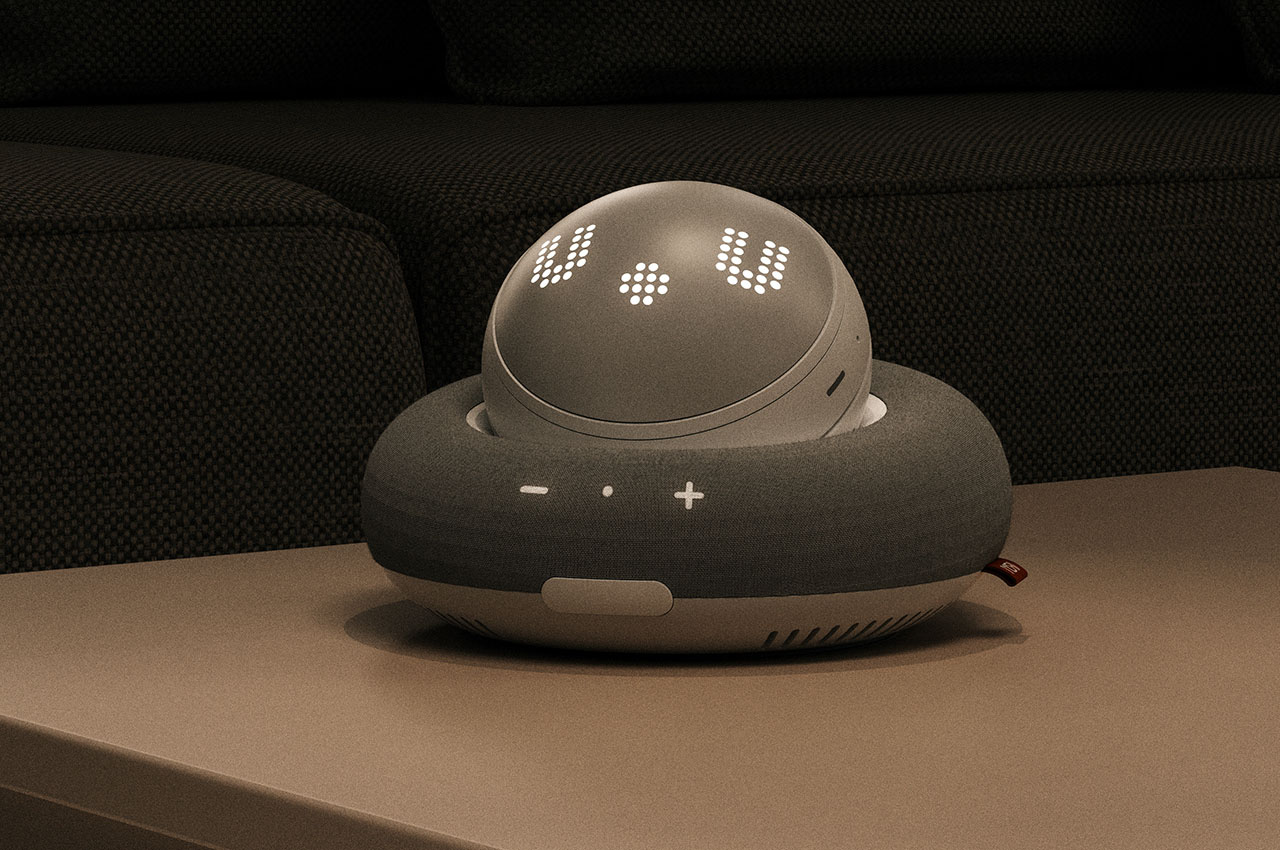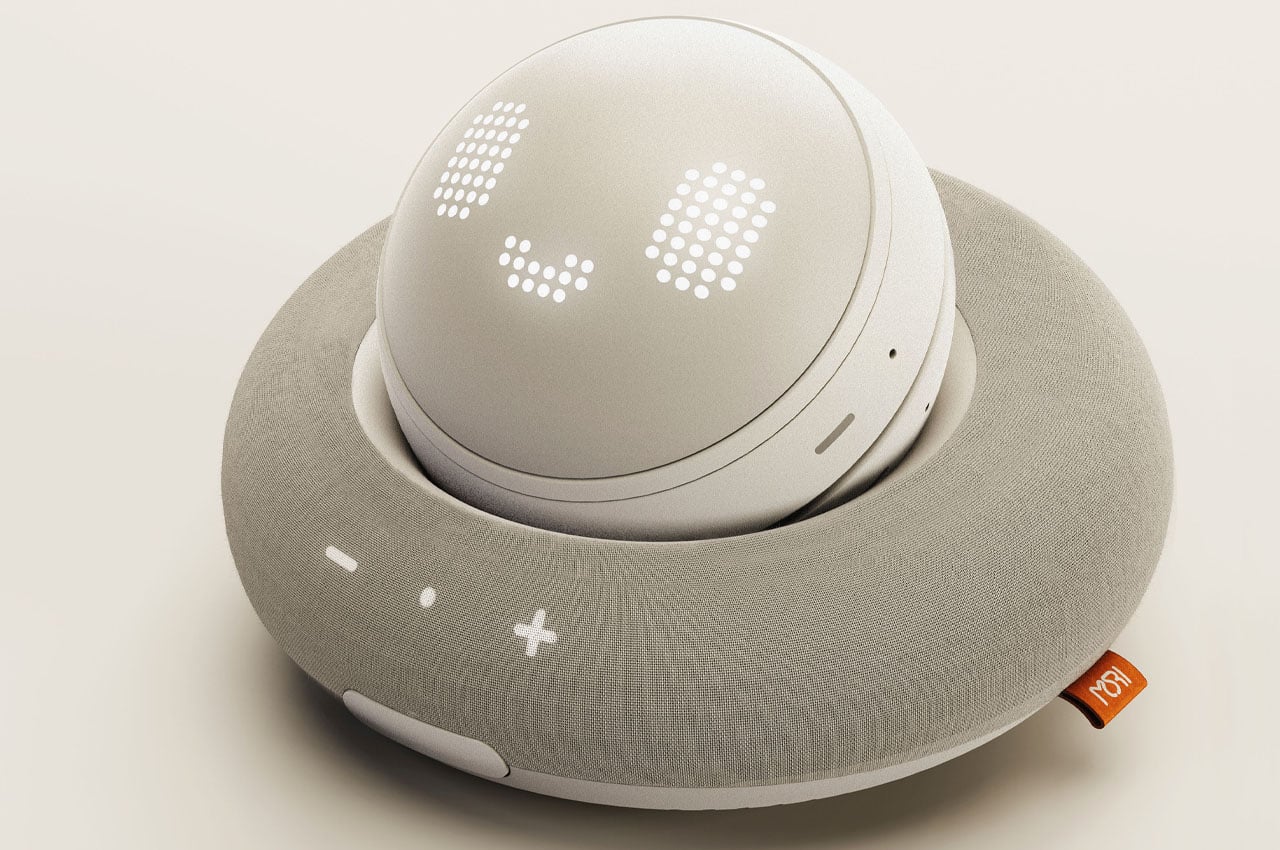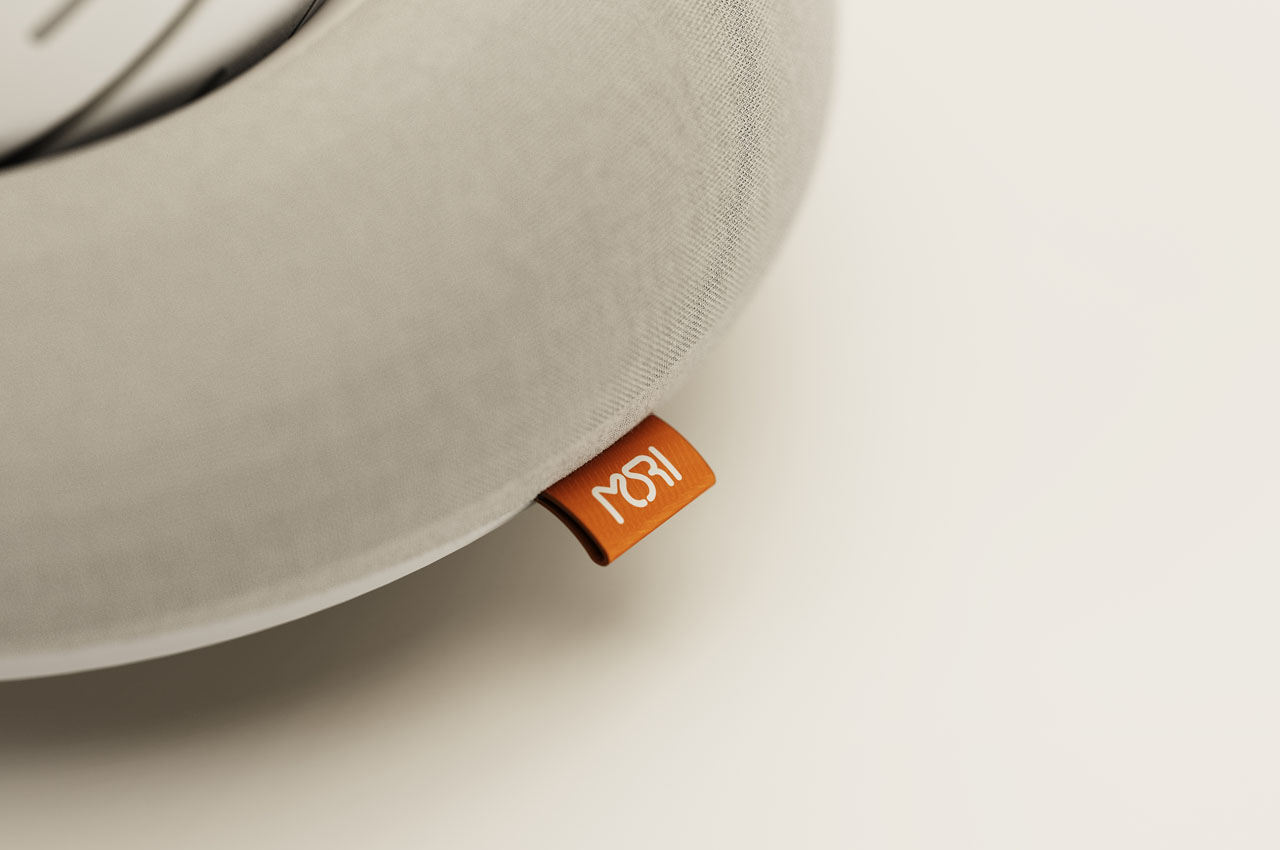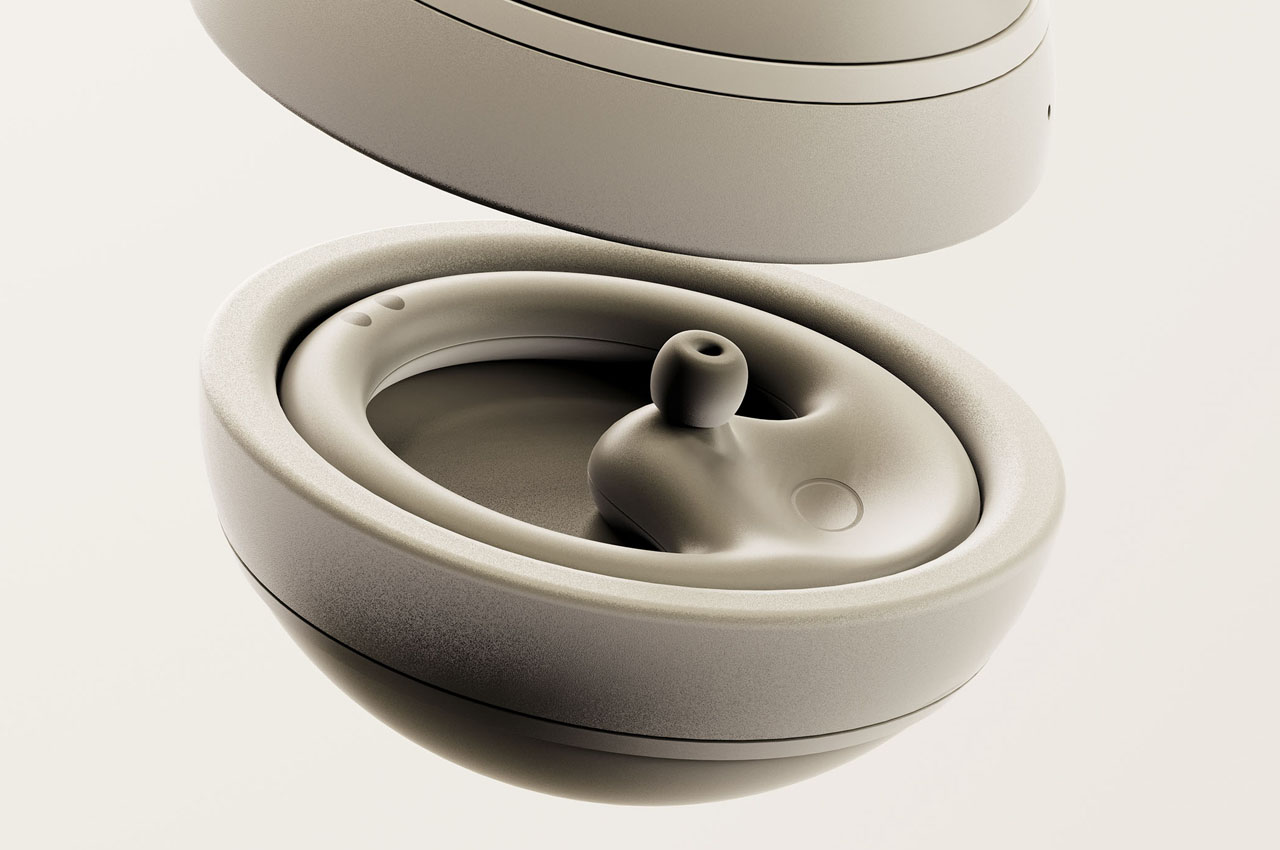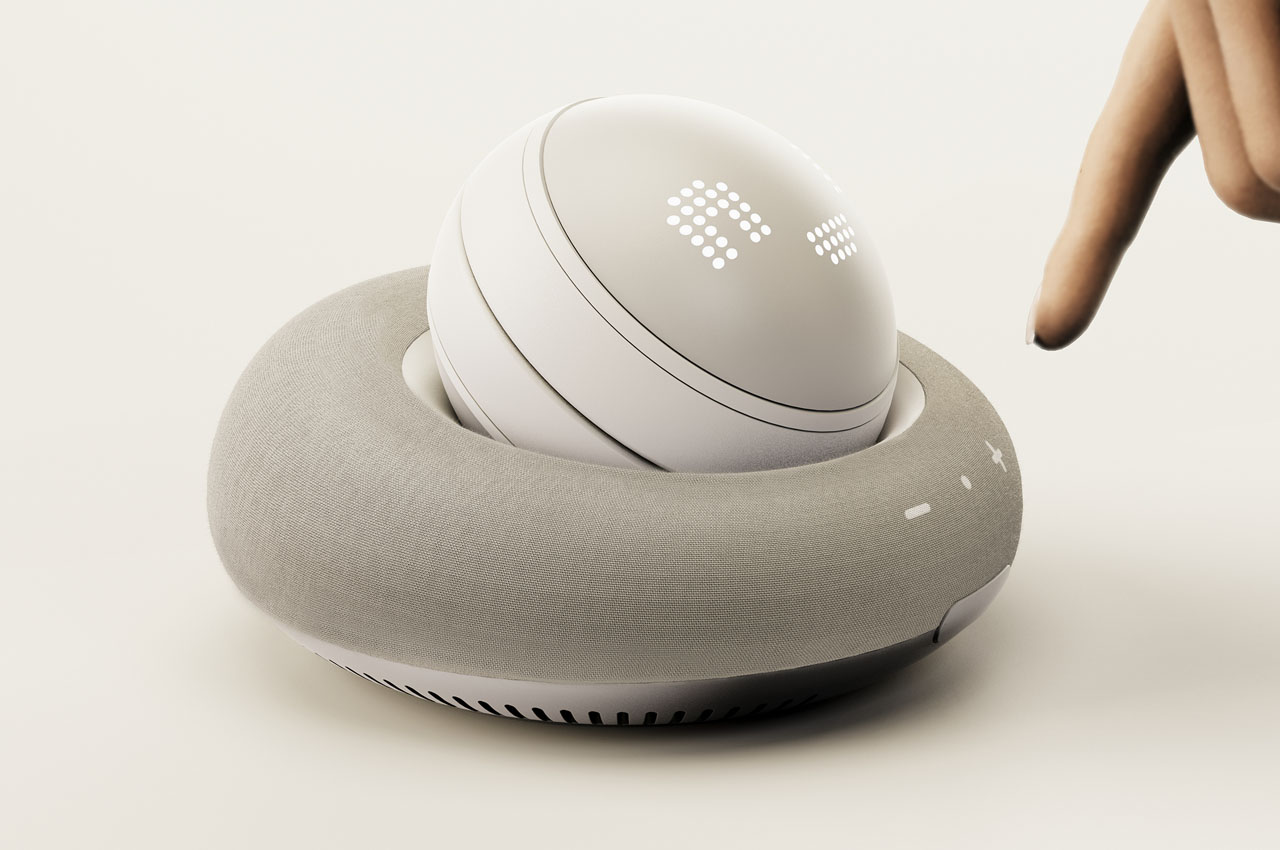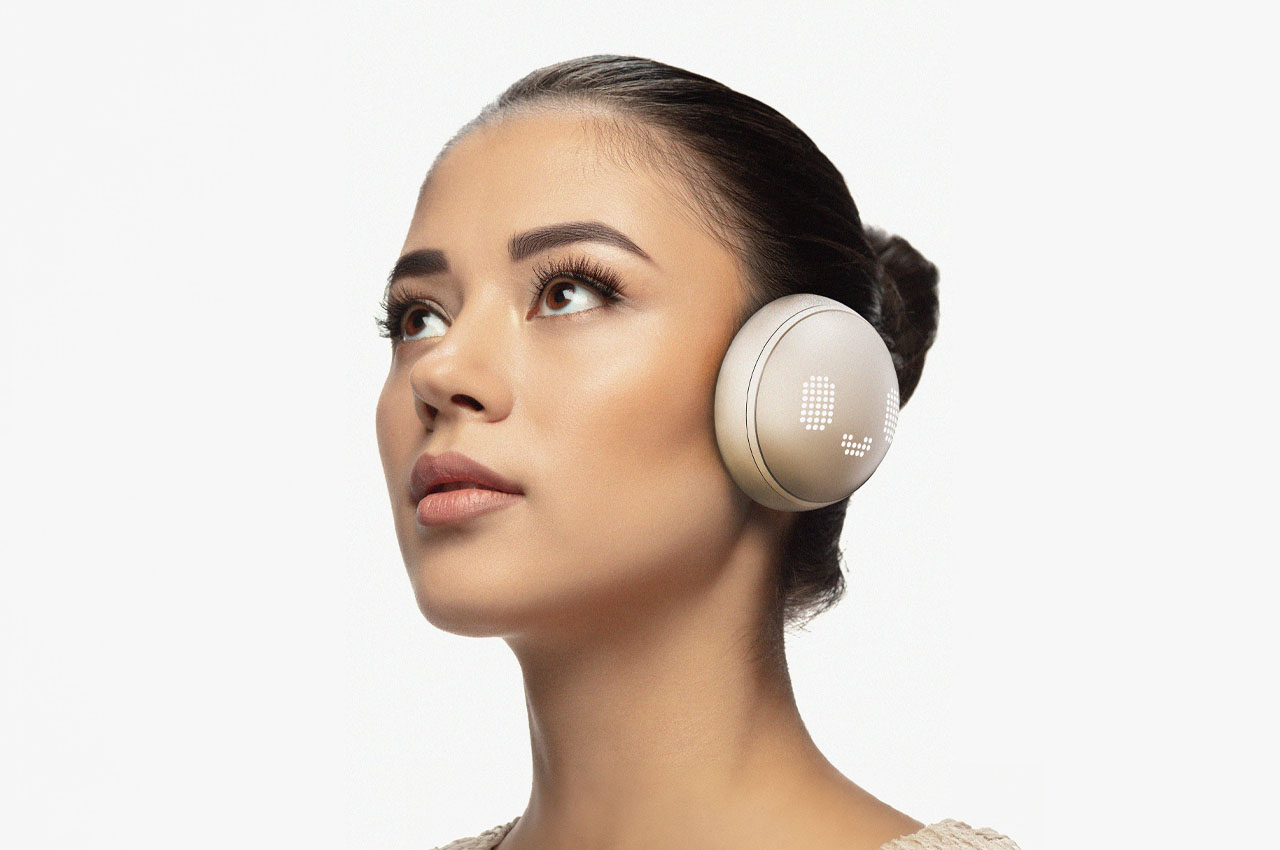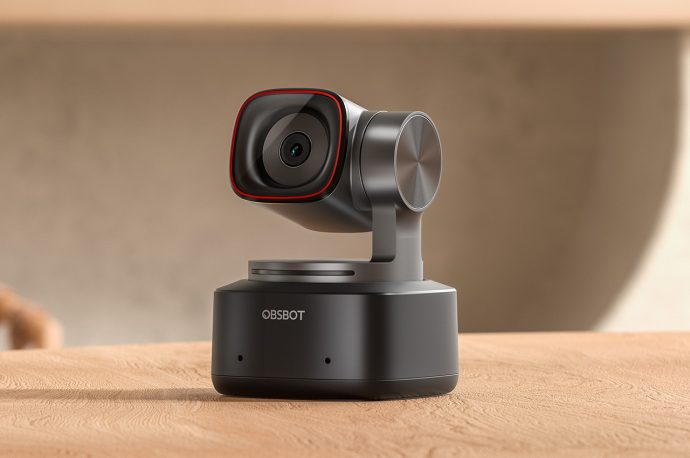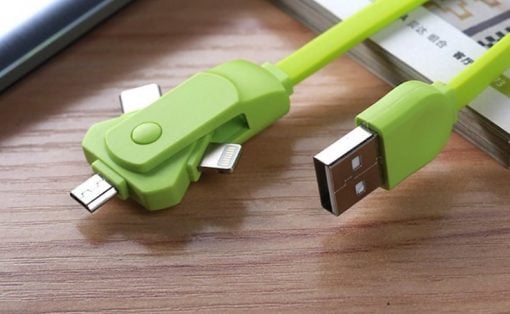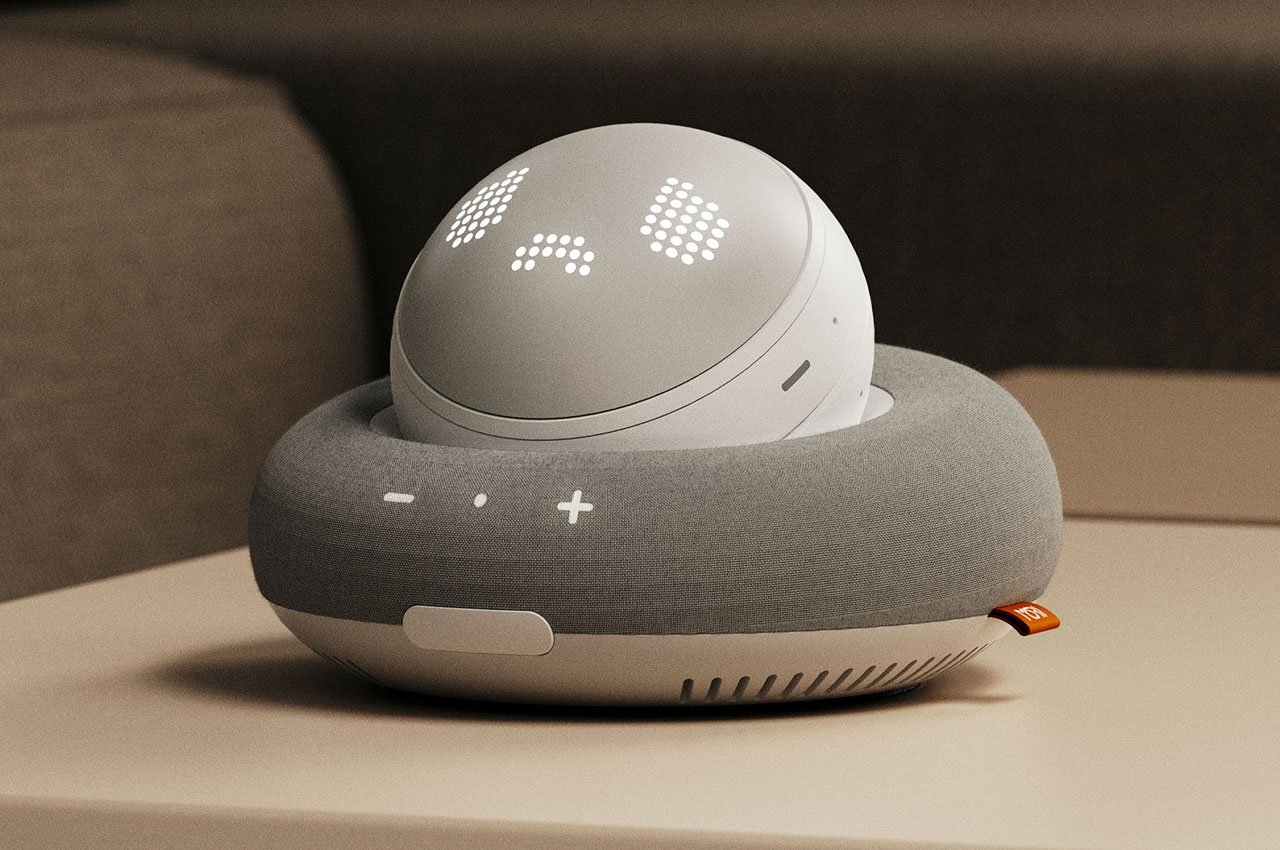
With the advent of social media, most of us have found long-lost friends or made new meaningful contacts. This movement in technology has helped shape our personality; in some cases, however, it is threatening the fabric of social interaction with people closer and more physically available, leading to social phobia. The fear of venturing out or being social can have a significant impact on the “occupational” and “educational” attainment of many reclusive, leaving them with fewer friends, a pessimistic viewpoint about self, and a lifestyle confined to the four walls of their living quarters.
Staying inclusive to the pretext, enters Mori: A robotic buddy for the younger generation dealing with social anxiety disorder. Studies on the behavior of seniors – recovering from dementia – with companion robots show that the elderly prefer “soft, furry, interactive animals” as partners. There is a considerable difference in favor of robotic pets that can simulate real-life animal in terms of eye contact and order-obeying ability. To that accord, “Joy for All” or “Paro,” companion bots have fine-tined the relationship between humans and technology. Now Mori, with a gadget-esque, interactive approach wants to help the youth by being that partner they can confide with and catapult out of the anxiety of being socially inactive.
Designers: YeEun Kim, Taewan Kim
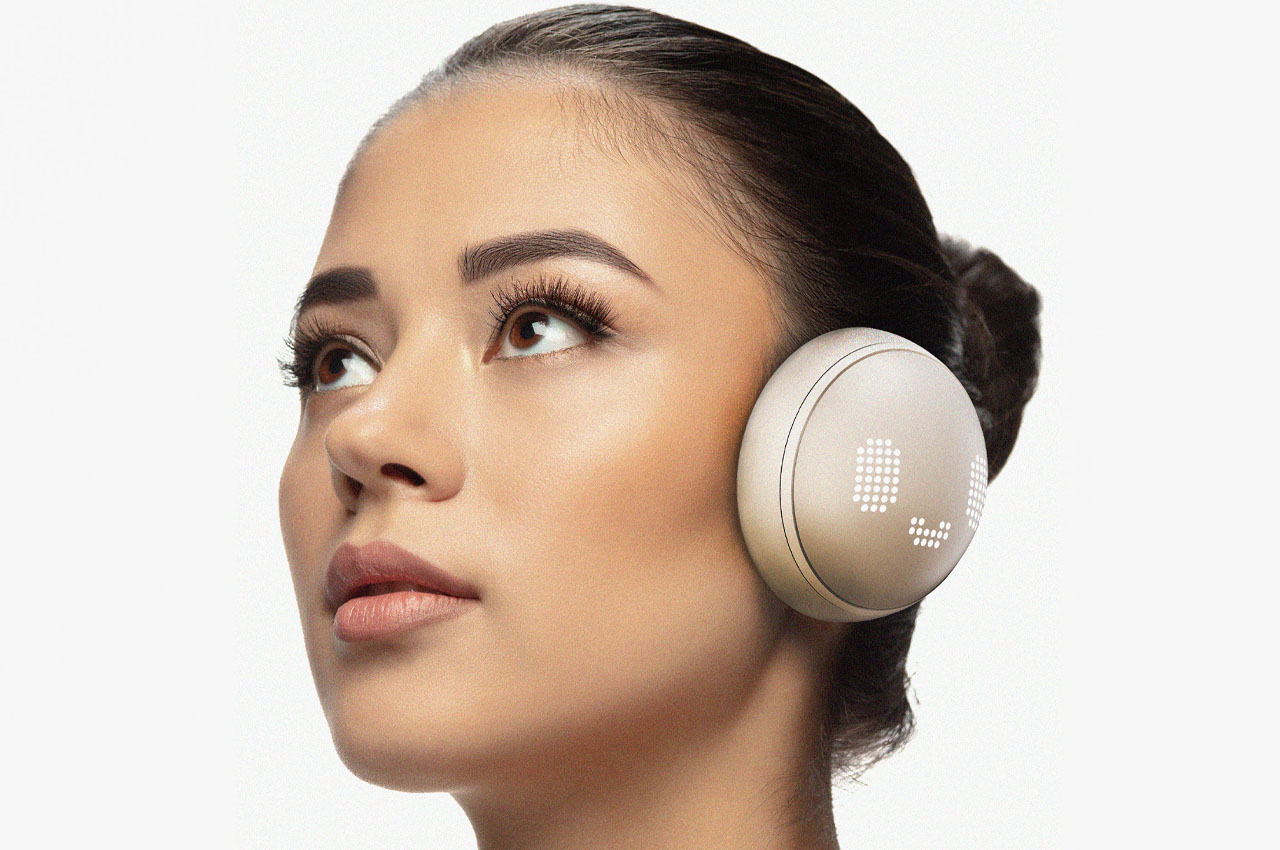
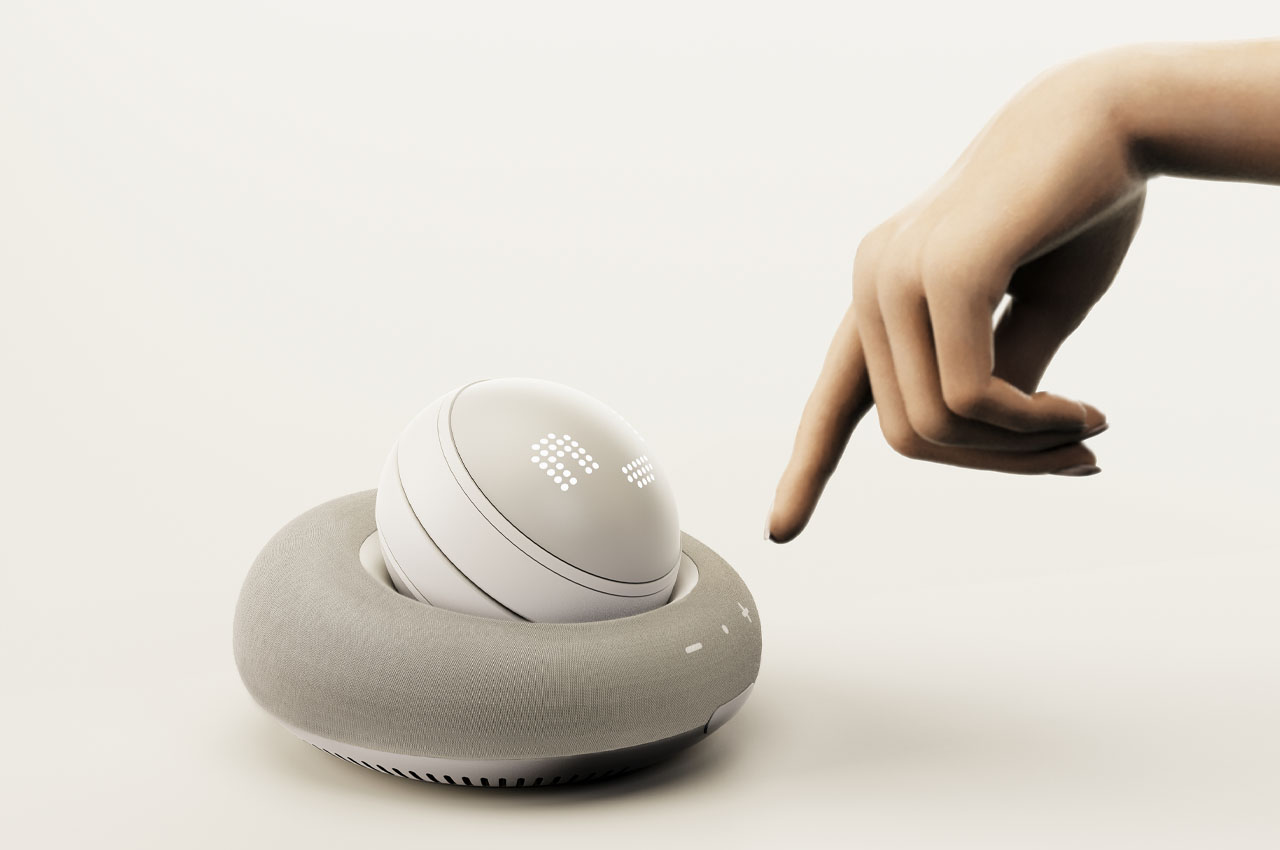
Designed to help young adults deal with mental and physical health issues, Mori benefits by assisting them overcome these challenges offering consistent support to reclaim the lost zeal. Whether the person is dealing with lifestyle-related problems or social anxiety, Mori provides a solution with mood-based conversations and designs achievement activities to motivate individuals to venture out.
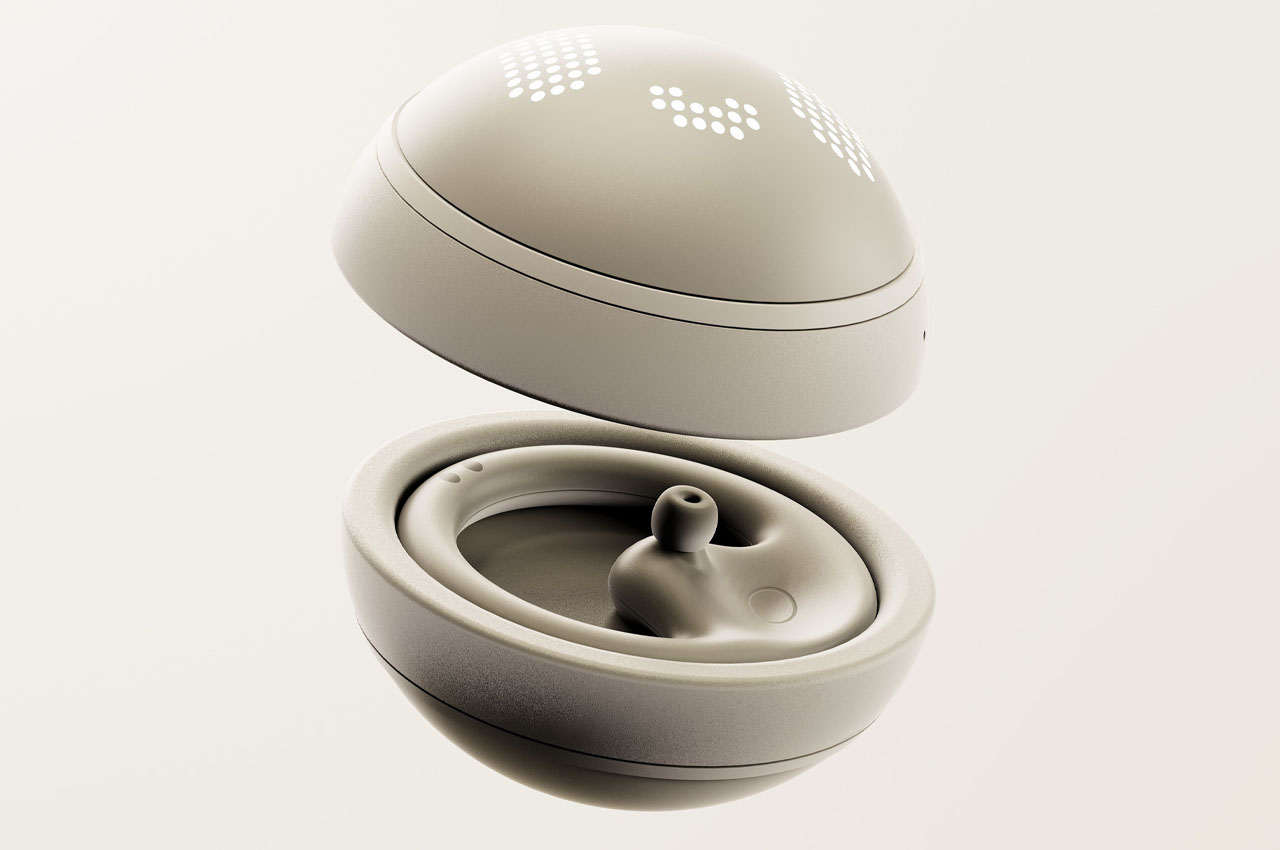
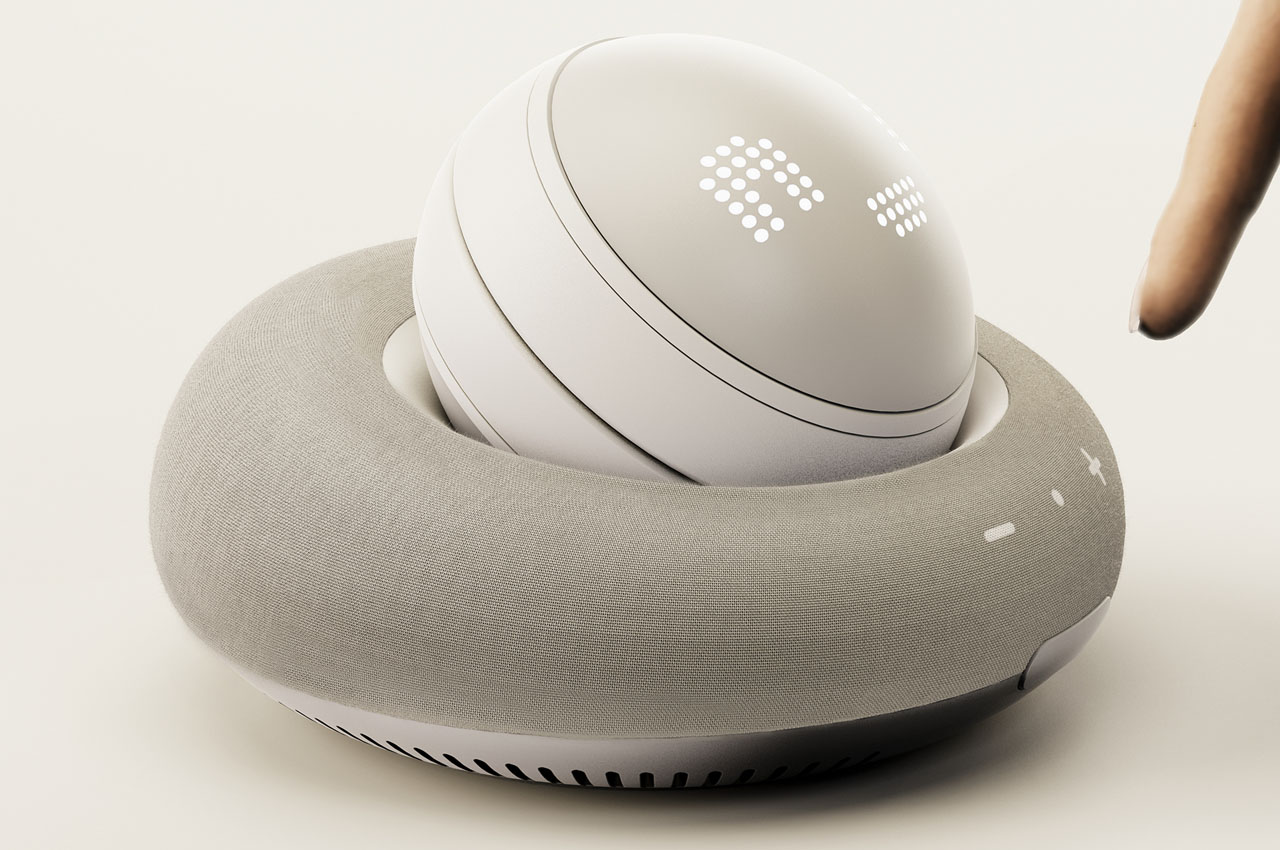
The robot itself comes in a two-part design. The base comprises a control unit with a speaker and volume rockers and cradles within a spherical device that can crack open in half to convert into over-ear headphones. The user can put on the headset to communicate with the integrated AI assistant that guides through activities to rekindle the person to resume outdoor activities.
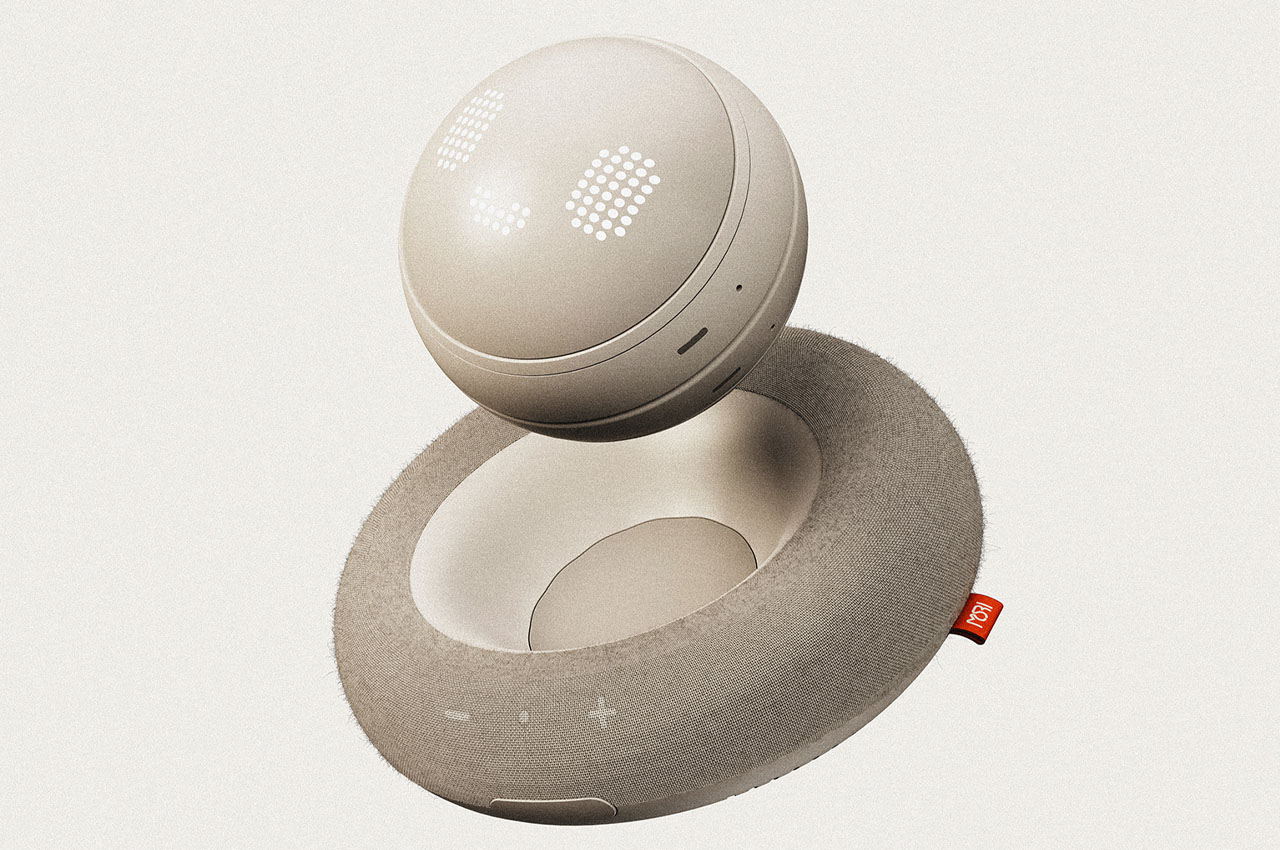
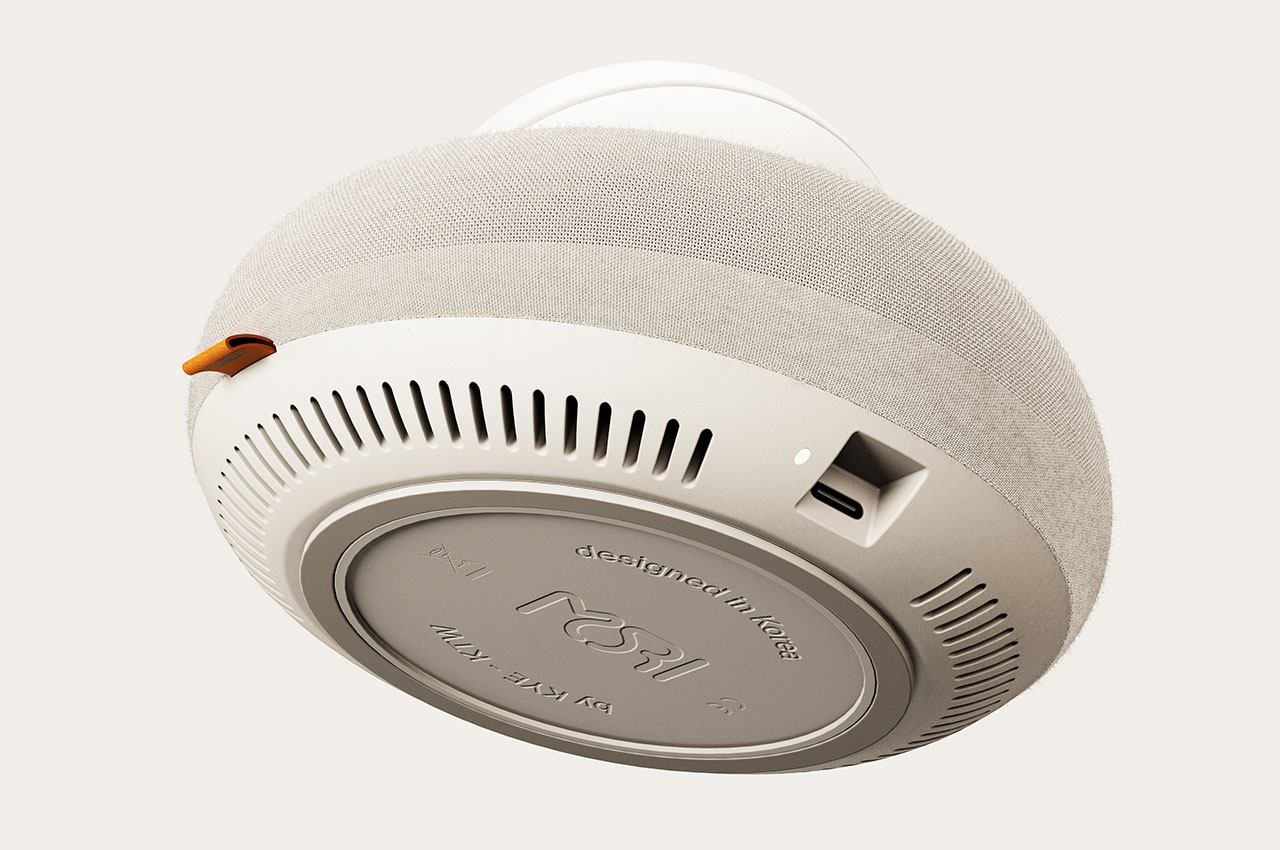
The positive motivation would work best in favor of the socially inactive, who are cocooned in the nexus of the virtual world, frame their life’s objectives and routines based on the opinions of online friends and lifestyle of the influencers. Mori embedded with an emotion recognition sensor immediately identifies the mood of the user and initiates conversation to build rapport with positive empathy. Mori as a unit is powered by a rechargeable battery: you dock the headset in the cradle base, which wirelessly charges it, while drawing its power through a USB-C port in its rear.
